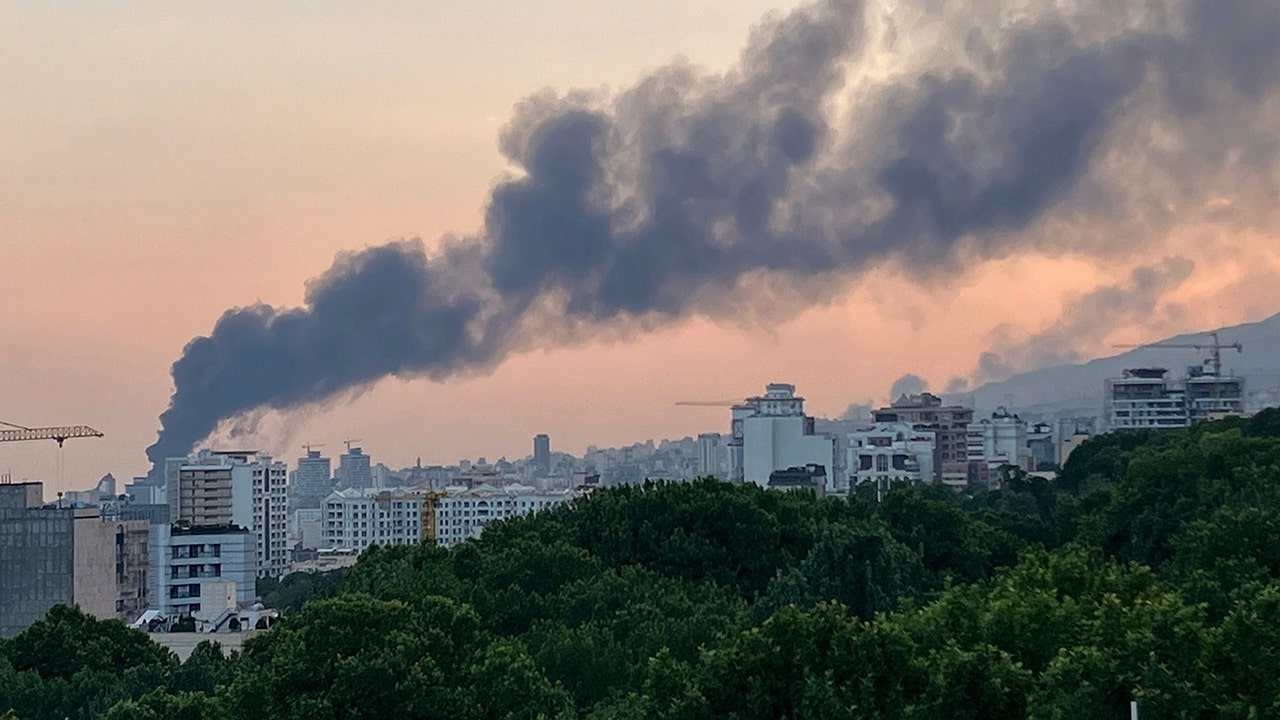US Virtual Embassy in Iran urges Americans to evacuate country immediately after partial airspace reopening

The U.S. Virtual Embassy in Iran is urging American citizens to evacuate the Middle Eastern country in light of ongoing conflicts in the region following the partial reopening of Iran’s airspace. This development comes after a ceasefire agreement was reached between Iran and Israel to end a nearly two-week long conflict.
According to a recent advisory from the embassy, as of June 26, 2025, Iran’s airspace has been partially reopened, although travel from Tehran and other major cities may still be disrupted. The embassy is advising U.S. citizens to stay informed through local media and consult with commercial airlines for updates on flights departing from Iran.
For Americans looking to leave the country, the embassy recommends traveling by land to neighboring countries such as Azerbaijan, Armenia, Turkey, or Turkmenistan if conditions permit. However, due to limitations in consular support within Iran, the embassy does not anticipate providing direct assistance for evacuations.
To facilitate safe departure, the embassy suggests several actions for American citizens, including having a departure plan in place, keeping communication devices charged, maintaining contact with loved ones, preparing for emergencies, and registering with programs like the Intelligent Passenger Registration Program (STEP) for alerts from the U.S. government.
For those unable to leave Iran, the embassy advises finding a secure location with essential supplies such as food, water, and medicine. Given periodic restrictions on mobile internet access and phone lines by the Iranian government, U.S. citizens are urged to prepare alternative communication plans.
Dual American-Iranian citizens are reminded to leave Iran with an Iranian passport and to expect scrutiny from Iranian authorities. The Iranian government does not recognize dual citizenship and may treat American-Iranian dual citizens solely as Iranian nationals, potentially subjecting them to interrogation, arrest, or detention.
Furthermore, U.S. citizens residing in Iran with permanent residence visas must obtain exit permits and all Iranian passport holders are required to pay exit fees when leaving the country. It is also cautioned that U.S. passports may be confiscated in Iran, and dual citizens should ensure proper documentation for travel through other countries.
In conclusion, the safety and security of American citizens in Iran remain a top priority for the U.S. Virtual Embassy, and individuals are encouraged to heed the advisory and take necessary precautions to ensure their well-being during this challenging time.




